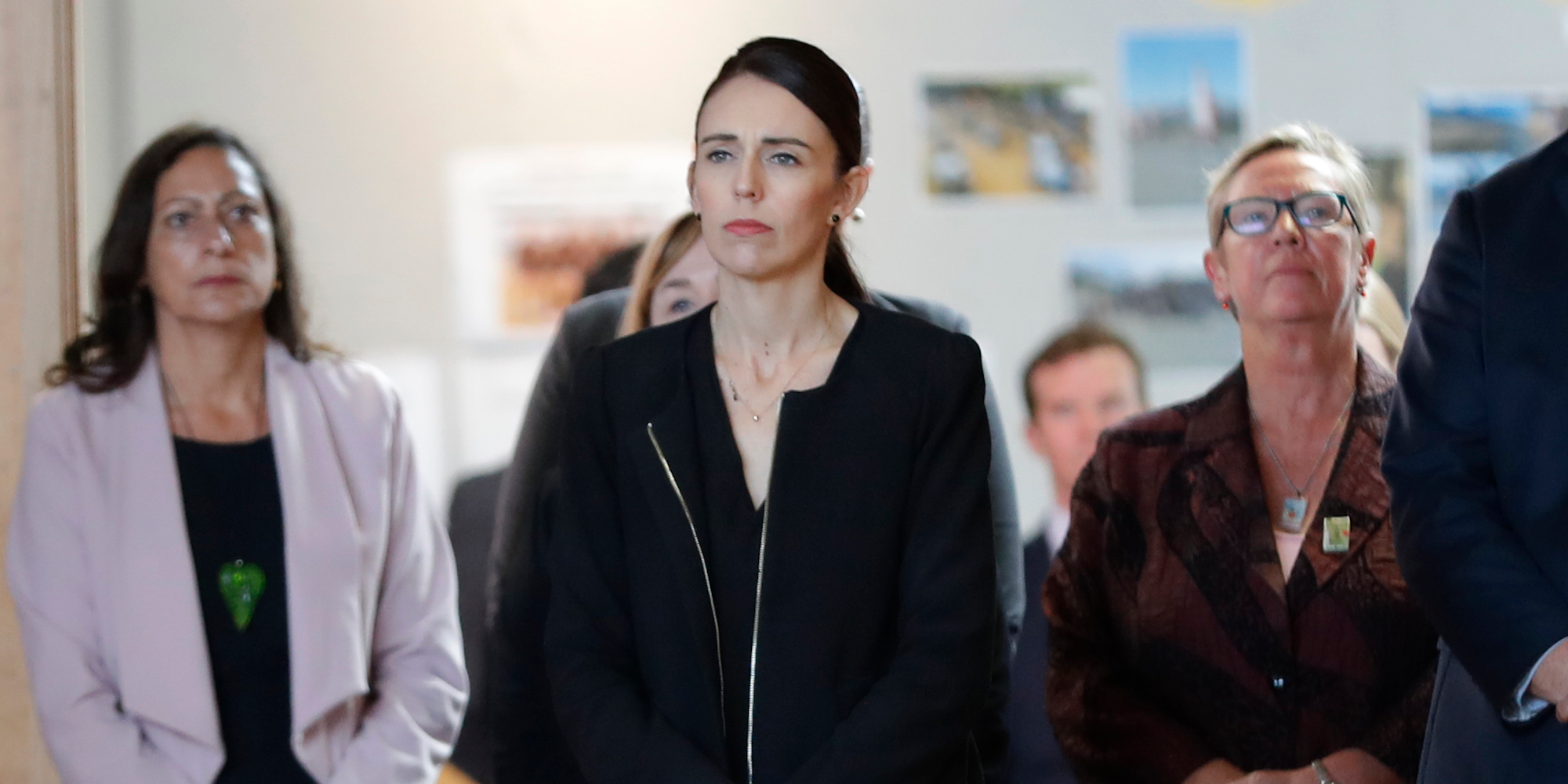- New Zealand Prime Minister Jacinda Ardern was sworn into office in October 2017.
- She has been applauded for being an outspoken voice against sexism and racism during her time in office.
- In her response to the Christchurch mosque shootings, Ardern urged people not to say the gunman’s name and attended vigils for victims of the attack, which left 50 people dead.
- Here’s what you need to know about the New Zealand prime minister.
New Zealand Prime Minister Jacinda Ardern has been praised internationally for her response to the Christchurch mosque shootings on Friday, which left 50 dead.
In the wake of the attacks, Ardern, 38, urged people not to say the gunman’s name, called for gun-reform laws and a global fight against racism, and attended vigils for the Christchurch victims.
“What has happened in Christchurch is an extraordinary act of unprecedented violence,” she said in a tweet after the attacks. “It has no place in New Zealand. Many of those affected will be members of our migrant communities – New Zealand is their home – they are us.”
This isn't the first time Ardern, the leader of New Zealand's Labour Party, has been praised for speaking out - since taking office she has fought against sexism and tried to normalize being a working mother in politics.
Here's everything you need to know about the prime minister:
Jacinda Ardern was raised Mormon on New Zealand's North Island.
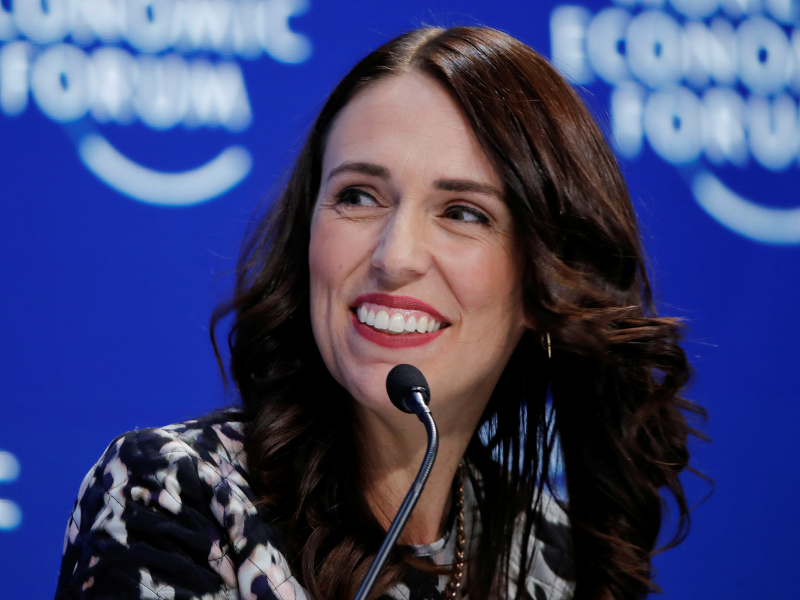
Ardern was raised by her mother and father, a police officer, in Murupara and Morrinsville on New Zealand's North Island, according to The New Zealand Herald.
She was raised Mormon and described herself as an "acceptable nerd" in high school.
"It was how my friends identified me. I was both Mormon and the sober driver - that was the benefit they saw from my [church] membership," she told Time in 2017.
In 2005, Arden left the Church of Jesus Christ of Latter-day Saints over its stance on LGBTQ people and now identifies as agnostic, People reported.
Ardern joined New Zealand Parliament in 2008.

At 28 years old, Ardern was elected into New Zealand's Parliament as part of the center-left Labour Party.
At the time, she was parliament's youngest sitting member.
Nine years later, in July 2017, Ardern was serving as deputy to the Labour Party's leader, Andrew Little, when he stepped down and named her as his successor.
Suddenly the party's polling numbers started to climb in what the country called "Jacindamania," according to NPR.
Ardern took office as New Zealand's prime minister in October 2017.
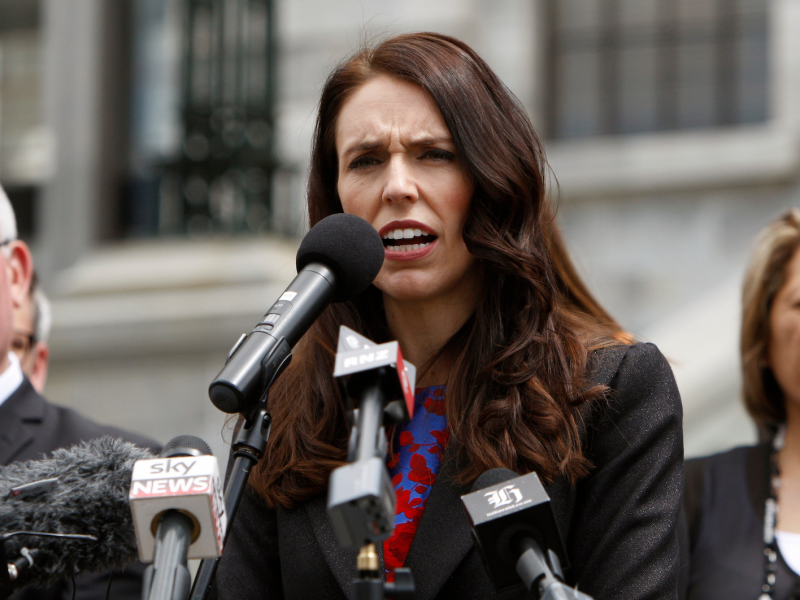
When Ardern assumed office in October 2017, she became New Zealand's youngest leader in 150 years.
Her platform focused on education reform, poverty, and mental healthcare, and she campaigned with "relentless positivity," NPR reported at the time.
Ardern was a welcoming presence who occasionally spoke with reporters directly in the beginning stages of her leadership, instead of going through a spokesperson.
An Australian journalist from ABC Radio said he called Ardern's office shortly after she was named the country's next prime minister to determine how to pronounce her last name.
He said on Twitter - and Ardern later confirmed, according to The Associated Press - that it was Ardern who unexpectedly answered the phone.
"It was funny. I was in a meeting and my desk phone started to ring, and it doesn't ring much, so I went over and I saw it was an international number, and I just picked up," Ardern told The New Zealand Herald.
how's this. heard variant pronunciations of jacinda ardern, so called her office. got JA on the blower immediately. she confirmed: AH-durn
— Tiger Webb (@tfswebb) October 20, 2017
Ardern became a mother while in office.
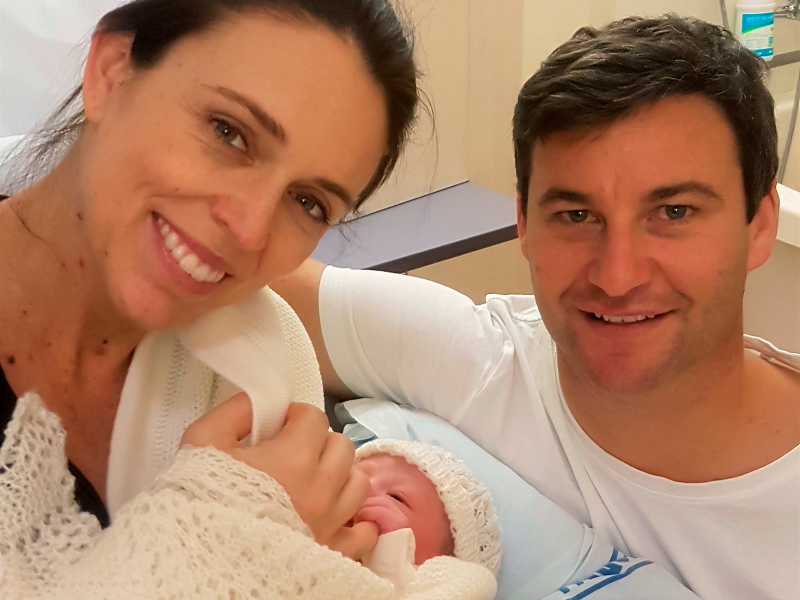
Ardern gave birth to her daughter, Neve Te Aroha Ardern Gayford, in June 2018. It is her first child with her longtime partner, the TV host Clarke Gayford.
At the time, only one other world leader, former Pakistani Prime Minister Benazir Bhutto, had given birth while in office.
Ardern celebrated her daughter's birth on Instagram, thanking the "wonderful team at Auckland City Hospital" for its help.
After six weeks of maternity leave, Ardern returned to work, with Gayford staying home to care for their daughter.
Ardern has made headlines for speaking out against sexism and racism.
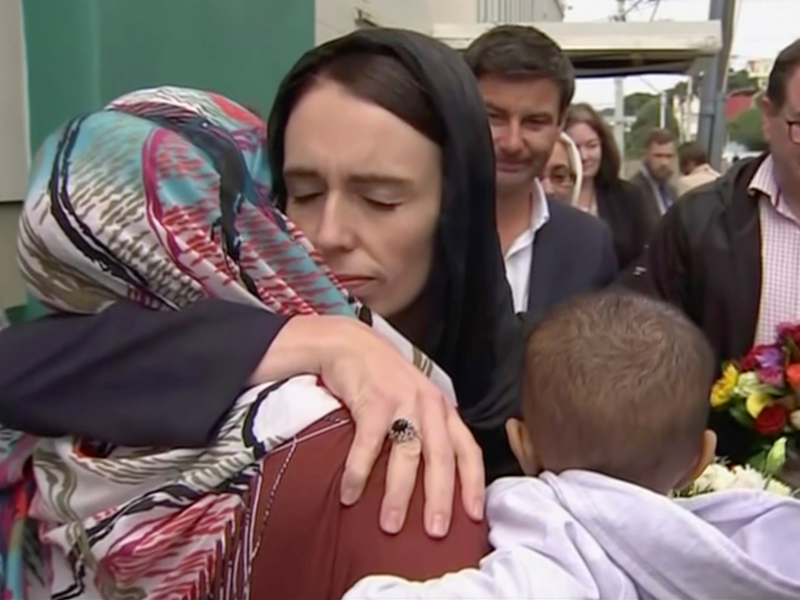
When her daughter was 3 months old, Ardern brought her to the United Nations General Assembly in hopes of creating "a path for other women."
"I want to normalize it," she told CNN's Christiane Amanpour of the event. "If we want to make workplaces more open, we need to acknowledge logistical challenges ... by being more open it might create a path for other women."
Since the Christchurch mosque shootings last week, Ardern has called for a global campaign against racism.
The man who claimed responsibility for the shooting was an Australian national who had promoted white nationalism and anti-Muslim sentiments.
Ardern told BBC of the shooting: "What New Zealand experienced here was violence brought against us by someone who grew up and learned their ideology somewhere else. If we want to make sure globally that we are a safe and tolerant and inclusive world we cannot think about this in terms of boundaries."
- Read more:
- A New Zealand shooting survivor, who lost his brother in the attack, found out about the death by watching his killer's livestream
- New Zealand's Prime Minister promises never to say the Christchurch shooter's name
- People around the world are praising New Zealand Prime Minister Jacinda Ardern for her compassionate response to the Christchurch mosque shootings
- New Zealand quickly moves to reform gun laws after mosque massacre that killed 50, and promises detailed proposals within 10 days

